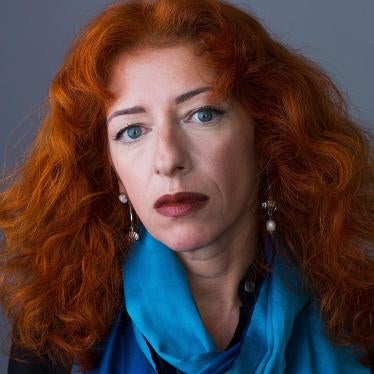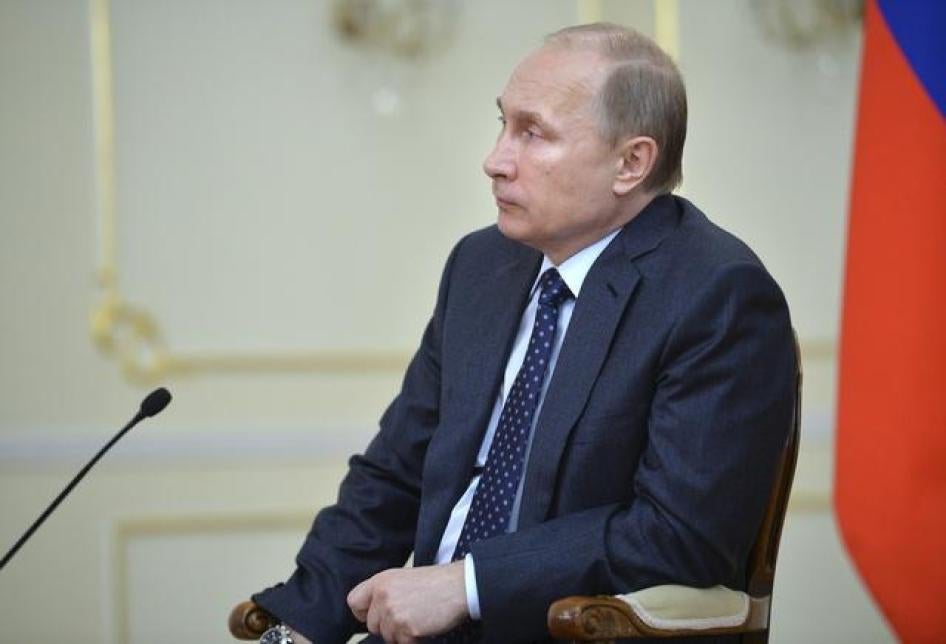A left-wing political activist has been convicted of inciting separatism and extremist activities, the latest in a series of criminal prosecutions in Russia against people who dare speak their minds online.
Unless the December 21 ruling by a court in Krasnodar in southern Russia is quashed on appeal, the accused, Darya Polyudova, 26, will spend the next two years behind bars. The charges against her derived from three posts she published on her page in VKontakte (VK), Russia’s most popular social network.
All three posts had to do with Ukraine. The one that triggered the incitement to separatism charge – in Russian law, making “public, online calls aimed at violating the territorial integrity of the Russian Federation” – was not even written by her. It was a flippant comment by another user, which Polyudova shared on her page, about supposed demands by local ethnic Ukrainians of the Krasnodar region to be incorporated into Ukraine.
The second post, deemed by authorities as “public calls to extremist activities,” was a photo of Polyudova with a poster that said, “No war in Ukraine but a revolution in Russia!” The slogan did not include any advocacy of violence.
The third one was a commentary about how the situation in Russia was intolerable and Russians needed to follow the example of Ukraine’s Maidan activists, take to the streets, and bring down the government. These are strong words, but didn’t include any specific action plan.
Polyudova’s VK page has all of 38 followers, and most of her posts draw very few comments. Her words can’t be taken as inciting violence, and they certainly didn’t pose a “danger to the public,” as Russian law requires for criminal prosecution.
Polyudova’s prosecution is one in a growing number of cases where Russians are being punished for speaking their mind. This autumn, a court in Tatarstan sentenced an activist to three years in prison on very similar charges. Since the return of Vladimir Putin to the Kremlin in 2012, the Russian government has instituted an unprecedented and sweeping crackdown on critics of the government, and one of its tools has been overbroad and vague anti-extremism legislation. As the space for freedom of speech in the traditional media narrows, the government is now going after the Internet and targeting individuals who try to stir public debate about sensitive issues, especially Ukraine.
Until her trial, Polyudova was relatively unknown. But by criminally prosecuting her, the government is sending a chilling signal to Internet users across country – if you think you can speak your mind online, think again.









